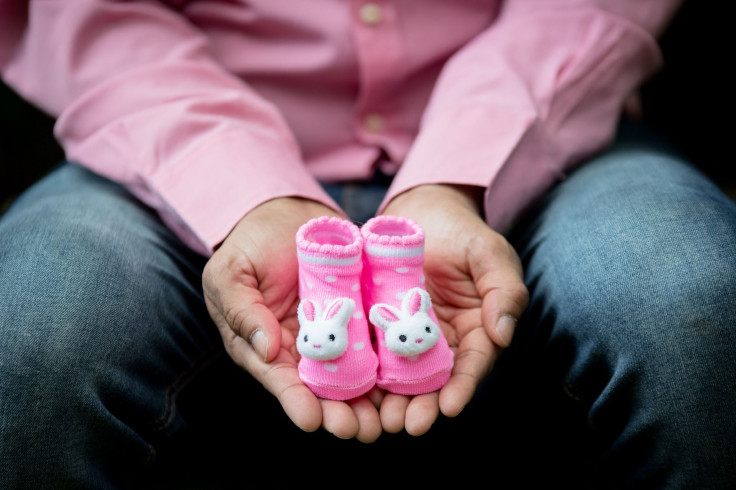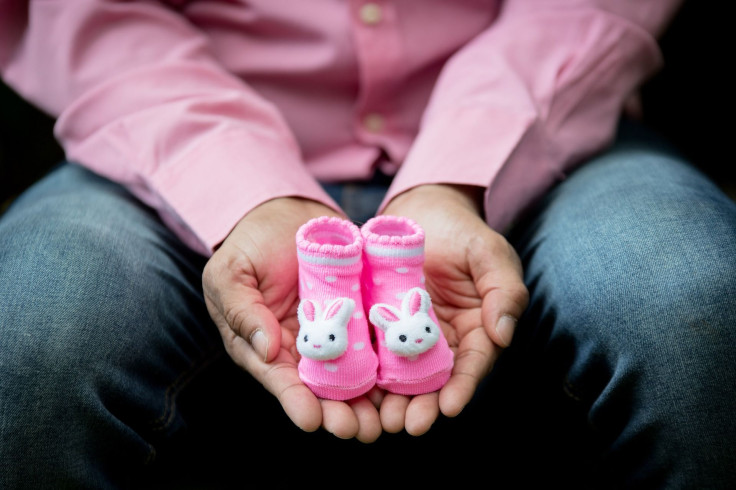Obese Men Experience Genetic Changes Their Daughters Can Inherit, Upping Risk Of Breast Cancer

Nearly 74 percent of men in the United States are at increased risk of heart disease and type 2 diabetes because they are overweight or obese. But now, new research shows that their weight might also compromise their daughters' health. In a new stucy, published in Scientific Reports, researchers from Georgetown University Medical Center found that the changes that occur in a man's DNA when he becomes overweight lead to changes in his sperms' DNA too. Their findings show how an overweight father might pass down genes linked to an increased risk of breast cancer.
“This study provides evidence that a father’s body weight at the time of conception affects both their daughter’s body weight both at birth and in childhood — as well as their risk of breast cancer later in life,” explained the study’s lead author Dr. Sonia de Assis, assistant professor at Georgetown University Medical Center, in a statement. “Those alterations in sperm may have consequences for next generation cancer risk.”
For the study, de Assis and her team studied four different male mice and their female pups. The males were fed either a high-fat or a standard diet. After they mated and produced a litter of eight to 10 pups each, researchers measured the pups’ body weight and examined their mammary gland tissue in order to determine if they were at an increased risk for breast cancer. Female pups who were fathered by overweight males had developed tissue in their mammary glands that indicated they were more likely to develop breast cancer.
“Of course our study was done in mice, but it recapitulates recent findings in humans, which show that obese men have significant epigenetic alterations in their sperm compared to lean men,” de Assis added.
These epigenetic alterations in genes refer to how an offspring’s genes can be changed through behaviors, such as the dietary habits of a parent. Once the gene is altered, it’s then passed on and the offspring’s cells read the gene differently than they would have with a healthy gene. In this case, these variations caused the body to develop breast cancer.

While it’s already been established that a mother’s weight and diet affect her offspring’s breast cancer risk later in life, the researchers said this is the first time a link between a father and his daughter’s health has been discovered. It turns out that daughters of fathers who were overweight had higher rates of carcinogen-induced mammary gland growth, which puts them at risk for developing breast cancer down the road.
In order to confirm these findings, the researchers plan to examine how the genetic alterations affect humans and other animals. If they come across the same link, they plan to see if they can intervene and remove the risk by removing the gene alteration itself.
“Until we know about this association in men, we should stick to what we all know is good advice,” de Assis said. “Women — and men — should eat a balanced diet, keep a healthy body weight and lifestyle not only for their own benefit but also to give their offspring the best chances of being healthy.”
Source: de Assis S, Frontelles CC, and Carney E, et al. Paternal overweight is associated with increased breast cancer risk in daughters in a mouse model. Scientific Reports. 2016.



























